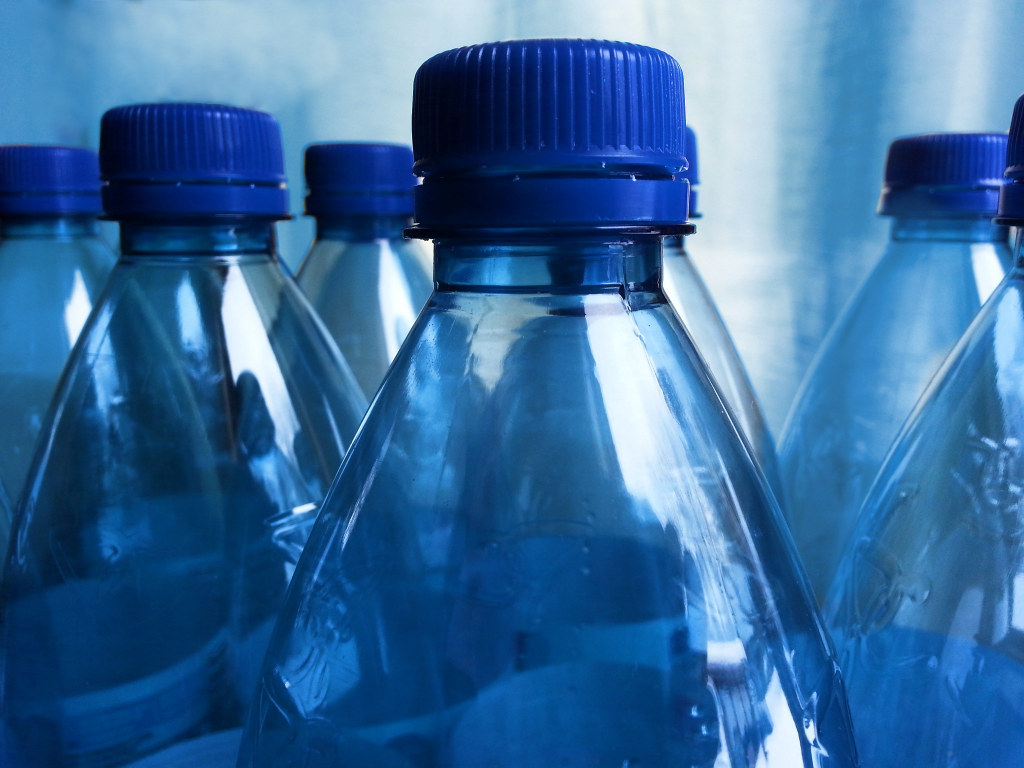
This blog article is the second in a series of two which discusses the issue of marine plastic waste in Northern Ireland (NI), based on a research paper published recently by the NI Assembly Research and Information Service (RaISe). In the previous blog article, we examined the issue of plastics in the oceans, the scale of marine plastics in NI, and highlighted potential impacts on local wildlife, fisheries, tourism and recreation. In this second part, we outline current and proposed policies relating to plastic waste and marine plastics in NI, and discuss policy developments elsewhere which could provide food for thought here in NI.
General principles
In 2008, the European Union (EU) produced its Marine Strategy Framework Directive (MSFD), the fundamental principle of which is that Member States should achieve ‘good environmental status in the marine environment’ by 2020. Specifically, Descriptor 10 states that in order to achieve good environmental status, ‘properties and quantities of marine litter’ should not be at levels such that they are harmful to the coastal and marine environments. Since plastic items have been shown to make up the majority of marine litter in NI and globally, and be harmful to the marine environment in a number of ways, addressing plastics at sea is key to meeting this target.
Until 2020 at least, the UK is committed to working to achieve ‘good environmental status’ in the marine environment under its national implementation of the MSFD, the UK Marine Strategy and the Marine Strategy Regulations 2010. Whilst it is uncertain the extent to which the UK will retain EU environmental regulations post-Brexit, the publishing of a consultation paper on updates to the Marine Strategy and Good Environmental Status in May 2019 illustrates that the UK Government plans to continue the general framework of the MSFD.
To achieve ‘good environmental status’ for marine litter, the quantity of plastic in the seas will need to be reduced. To do this, policies could focus on each of three general strategies: (i) reducing plastic production and use, (ii) reducing the amount of plastic entering the seas, and (iii) removing plastics already present in the seas.
Reducing plastic production and use
Since its first Waste Framework Directive in 1975, the EU has played a major part in regulating waste production and management in the UK. The current Waste Framework Directive, which came into force in 2008, is a key piece of legislation setting out EU waste management principles. In terms of reducing production and use, the Directive highlights the prevention of waste production as preferable to recycling and disposal, and requires Member States to adopt waste prevention programmes.
Within Northern Ireland, the Department of the Environment (DOE) produced its first Waste Management Strategy in 2000, most recently updated in 2013 to align with Waste Framework Directive requirements. Objectives included development of a Waste Prevention Programme, which was launched in 2014 as The Waste Prevention Programme for Northern Ireland – The Road to Zero Waste. The programme planned to prevent waste by rolling out communications campaigns, and supporting businesses and voluntary organisations to develop ‘Zero Waste’ projects.
Legislation is also in place in NI to regulate two specific plastic products. The Single Use Carrier Bags Charge Regulations (Northern Ireland) 2013 imposes a levy on the sale of all single use carrier bags (extended in 2015 to cover all bags sold for less than 20 pence), and the Environmental Protection (Microbeads) Regulations (Northern Ireland) 2019 which bans the manufacture or supply of rinse-off personal care products containing plastic microbeads.
Reducing the amount of plastic entering the seas
The dumping of waste at sea is regulated through a series of international conventions. The MARPOL Convention 1973/78 bans the dumping of waste from ships (Annex V specifically bans the disposal of all plastic into the sea) and requires state signatories to provide waste disposal facilities in ports. The Food and Agriculture Organisation (FAO) Code of Conduct for Responsible Fisheries 1995 Article 8 requires states to minimise the loss of fishing gear and minimise the taking aboard of potential waste. The London Convention 1996 and the London Protocol 2006 ban the disposal of persistent plastic and other synthetic materials (netting and ropes etc.) at sea, as well as the export of waste for dumping at sea.
In addition to sea-based dumping, litter dropped on beaches can get easily washed into the sea and inland land-based littering can contribute to marine litter once it enters watercourses. It is a criminal offence to drop litter or dump waste under the Litter (Northern Ireland) Order 1994 and Clean Neighbourhoods and Environment Act (Northern Ireland) 2011. Whilst this gives councils the power to issue penalty fines to offenders, enforcement can vary between local authorities. In 2013, DOE produced a Marine Litter Strategy, in which it highlighted enforcement of the existing legal framework as a key part of tackling marine litter, alongside improving infrastructure for litter bins and water treatment, education programmes and public awareness.
Increasing the proportion of packaging items recaptured and channelled into reuse or recycling waste streams is another way in which plastics might be prevented from entering the seas. The UK Government, together with the Welsh Government and DAERA, recently consulted on a proposal for a UK-wide bottle deposit return scheme (DRS). A DRS for NI was considered in 2015 by the then Environment Minister Mark H. Durkan. However, an unpublished options paper produced subsequently by DAERA concluded that a DRS was not feasible on a NI-only basis. Participation in this joint review suggests that DAERA are potentially considering a DRS operating in NI as part of a UK-wide scheme.
Aside from the DRS consultation, the UK Government has also recently consulted on two further proposals for UK-wide plastics policy which could reduce plastic losses into the sea. The first outlines plans to introduce a new plastic packaging tax aimed at improving the market for recycled plastic materials in the UK by applying a tax to plastic packaging made from less than 30% recycled content. The second proposes reforms to the producer responsibility system which includes making producers responsible for the ‘full net cost’ of waste retrieval and management of their packaging.
Removing plastics already present in the sea
As well as preventing litter from entering the sea, the NI Marine Litter Strategy outlines measures for the removal of litter at sea. These centre largely on supporting local councils and third sector organisations such as Tidy NI (now Keep Northern Ireland Beautiful), the Marine Conservation Society and the National Trust to carry out beach cleans. In addition, under the Code of Practice on Litter produced by the Department of the Environment in 2012, local councils are responsible for ensuring ‘amenity beaches’ are clear of litter during the bathing season from May to September.
Removing plastics out at sea can be a considerable challenge, but some innovative projects have been developed to try to address this. The Fishing for Litter scheme operates across Europe and in NI is managed by the NI Fishery Harbour Authority, and supports fishing boats to collect marine litter caught at sea and deposit the material in reception facilities at ports and quays. Technological developments include the development of floating devices called ‘seabins’ which filter seawater and collect floating litter, three of which have been purchased recently by Ards and North Down Borough Council.

The future of plastics policy in NI
In the time since the Executive collapsed in 2017, plastics policy elsewhere has focused increasingly on bans on specific single-use products. In England, the UK Government recently announced plans to ban plastic straws, drinks stirrers and plastic stemmed cotton buds from October 2019. In Scotland, plans to ban plastic-stemmed cotton buds are included in the 2018-19 Programme for Government. Elsewhere, non-compostable single-use plastic bags, plates and cutlery will be banned in France from 2020, and a new Single Use Plastics Directive, banning a series of specific single-use plastic products from 2021, was adopted by the Council of the European Union in May 2019. Further plans for single-use plastics bans have been announced in Canada, and bans on specific materials used in single-use packaging (such as expanded polystyrene) are in place in many Caribbean, African and Asian island nations.
Banning specific plastic products with short usable lifetimes is an increasingly popular strategy amongst policymakers and is generally supported by environmental groups. Within NI, it remains to be seen the extent to which bans on specific products may be incorporated into any future programme for government.

